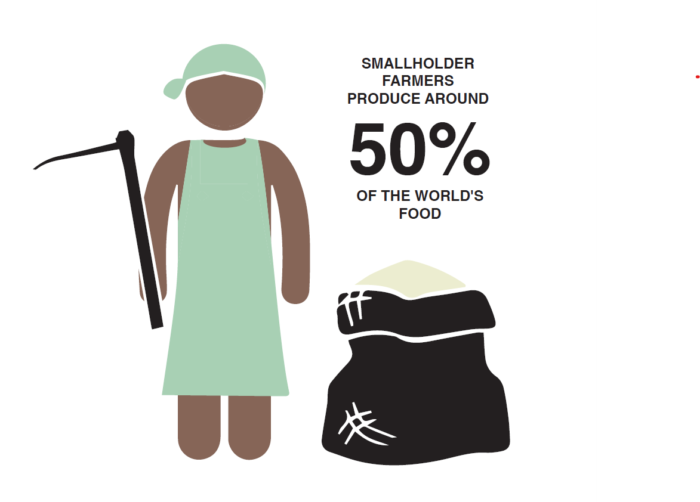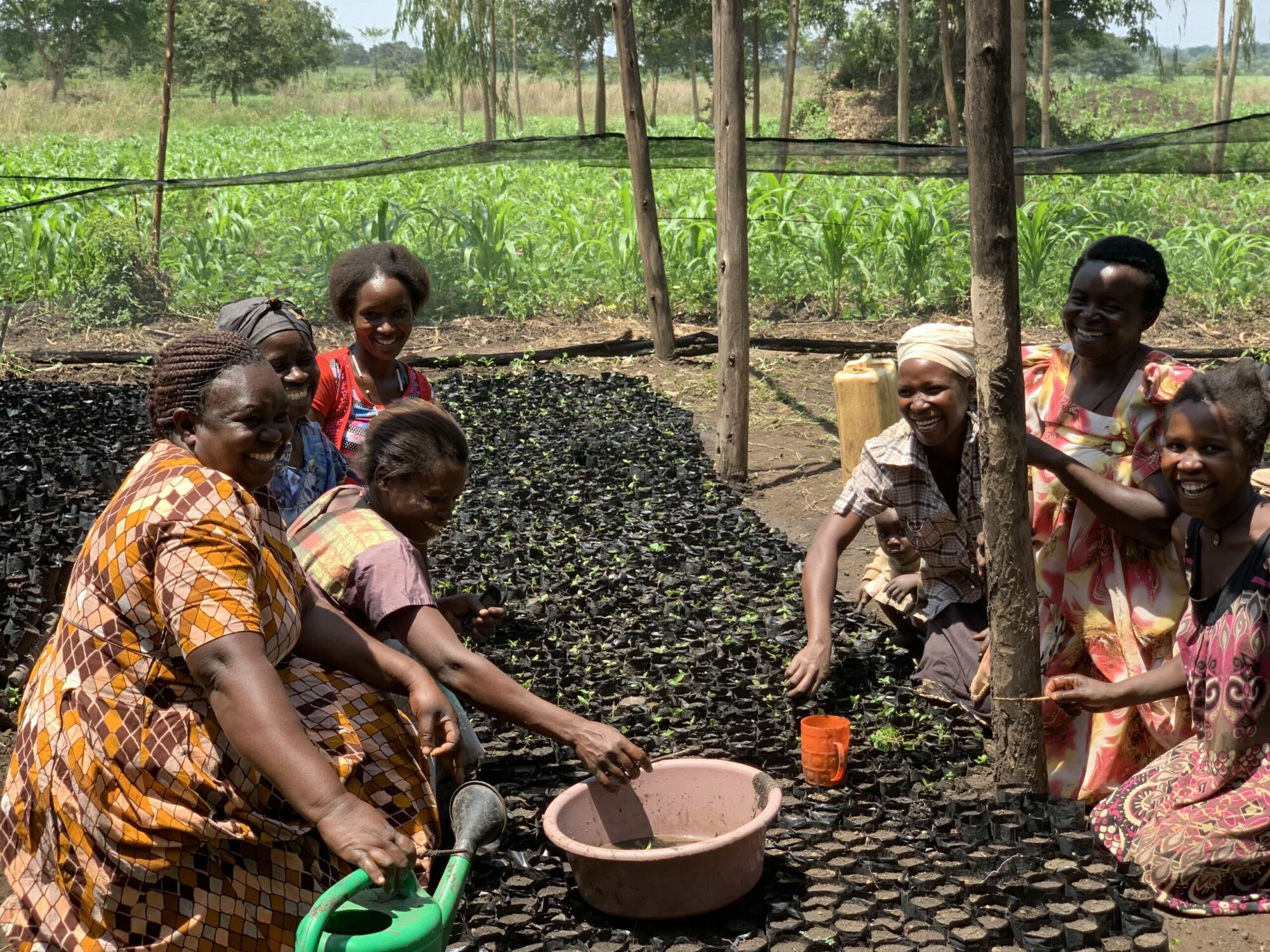Vi Agroforestry largely engages with farmers therefore partners with farmer organisations and other actors that form part of civil society. The farmer organisations have a central role in providing a platform through which deprived groups can be able to engage duty bearers while at the same time be able to access essential services. According to IFAD most farmer organisations play a dual role: as producers’ groups or cooperatives providing services to their members while at the same time representing their member’s interests towards policymakers and other actors. Farmers’ organisations built on a combination of roles, rules, norms and values that support mutually beneficial collective action have been demonstrated to produce measurable improvement in their members’ benefit. The farmers’ organisations are also playing an increasingly important role in shaping agricultural policies and defending the interests of smallholder farmers. Farmer organisations also act as aggregators of farmers who can build organisational resilience that can collectively tackle the impacts of climate change in smallholder agriculture. However, women representation in decision making has not been at optimal levels within the farmer organisations. There is not enough women in leadership positions in farmer organisations.
By working with local farmers’ organisations in East Africa, Vi Agroforestry provides knowledge that remains in the region without being dependent on us. The farmers’ organisations are key to sustainability – when Vi Agroforestry withdraws, the organisations remain and continue to support its farmer families.
A great deal of Vi Agroforestry’s work consists of strengthening the local farmers’ organisations in order for them to fulfil the needs of their members in the best way possible. Our partnership approach are defined as mutually beneficial and long term. By sharing resources and skills, the parties contribute to the attainment of common goals.

